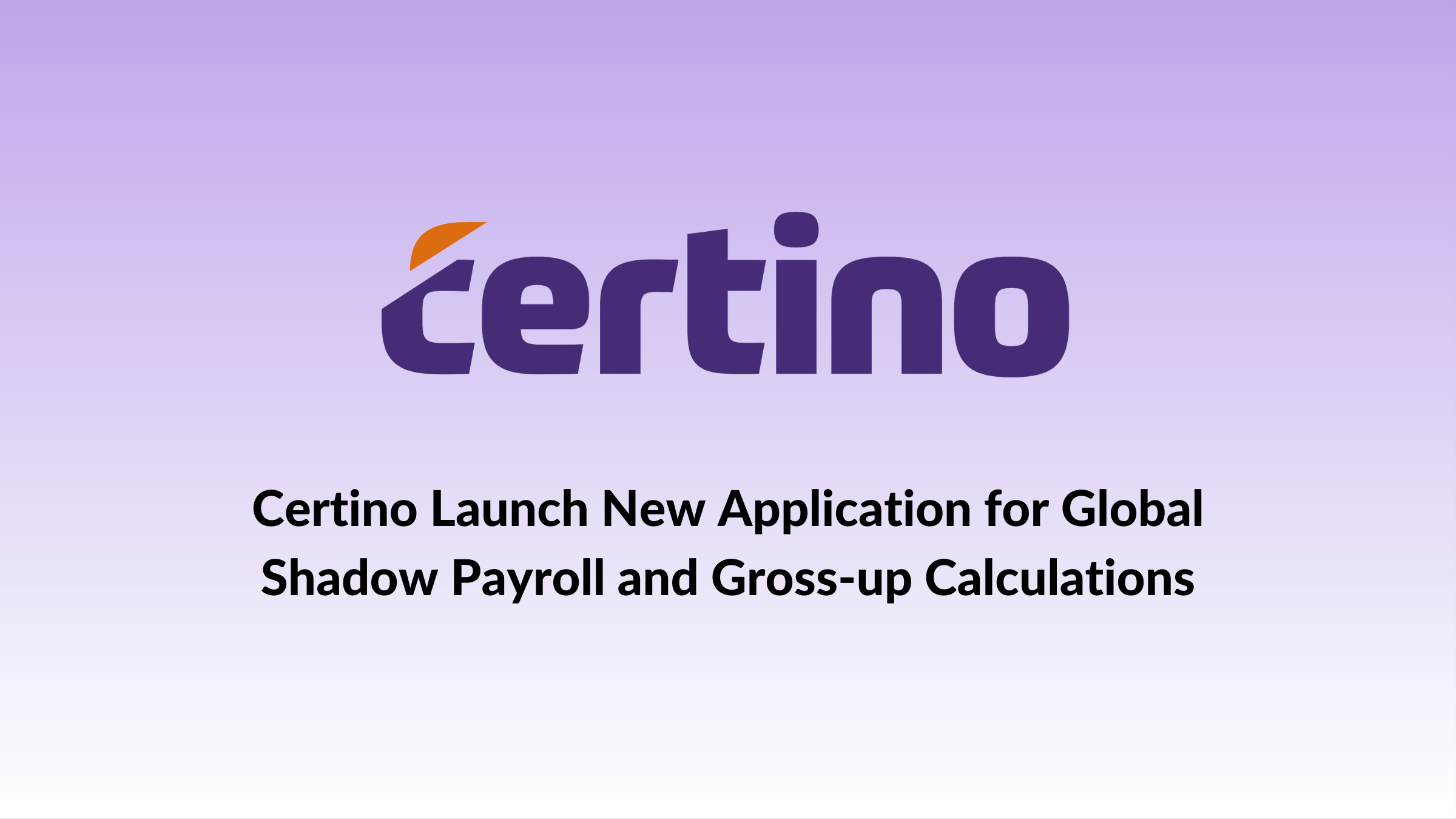Global operations are typically seen as the preserve of large businesses, but this is no longer the case. According to recent research, 43% of SMEs (i.e., businesses with less than 250 employees) in the UK are planning to expand overseas.
There are a number of factors driving this shift. Naturally, new markets present new commercial opportunities, but SMEs are also looking to spread risk, build resilience and access new talent pools. Many of these motivations have been compounded by the COVID-19 crisis, which has left business leaders acutely aware of the need to build agility into their operations.
At the same time, advancements in technology and collaboration tools, combined with new working models, are making it easier than ever before for businesses to operate in multiple markets, offering cross-market working opportunities to a workforce that is eager to accept. Our research has shown that one in five companies (21%) expect to see an increase in long-term assignments, while over half (54%) expect short-term assignments to increase.
However, operating globally is not without its challenges. SMEs looking to capitalise on the global opportunity must consider how they manage employees working abroad and how they remain compliant with immigration laws, tax obligations and numerous other requirements that can come into play.
Global mobility services in demand
The complexity of this task means that we’re likely to see an increasing number of businesses seeking external, global mobility support, which will create a significant commercial opportunity for providers able to offer these services. But are these global mobility providers ready to rise to this calling?
The service we’re referring to, of course, is shadow payroll, which allows providers to replicate home payroll compensation reporting so that employees can easily meet their local payroll tax payments (read our deep dive into shadow payroll and its use here).
Unfortunately, shadow payroll is a specialist, time-consuming task, which means that many global mobility providers may struggle to deliver this service across a multitude of jurisdictions to an influx of clients, and certainly won’t be able to do this consistently and at a high enough standard to deliver a customer experience that helps them stand out in this emerging space. Providing a reliable, cost-effective service is likely to pose a greater challenge to those offering a wide range of services, or dealing with numerous small contracts, compared to those catering only to a few, more significant contracts.
If global mobility providers are to overcome this challenge, they must embrace automation technology that can radically reduce the time it takes to run shadow payroll calculations, thereby freeing themselves up to focus on that all-important customer experience. The problem? These providers simply don’t have the time, expertise or financial resources to build a basic shadow payroll platform from scratch–let alone an exceptional one.
The rise of SPaaS
The good news is that they don’t have to. Our shadow payroll as a service (SPaaS) platform has been specifically designed to enable global mobility providers to offer best-in-class shadow payroll services seamlessly and cost-effectively.
Our SPaaS stands out for a range of reasons, including its accuracy, compliance and flexibility.
Accuracy: Making accurate shadow payroll calculations has long been a critical pain point for global mobility providers and their clients. Many worry about their ability to make accurate payroll calculations at scale and the financial penalties–not to mention the knock-on reputational damage and loss of customer trust–should they get it wrong. Our platform remedies this problem by providing highly accurate, real-time calculations rather than estimates.
Compliance: The ever-changing tax landscape is making the business of shadow payroll increasingly complex. Global mobility providers are concerned about their ability to keep abreast of changes, and many of their clients complain. Our platform enables these providers to outsource this concern; we have a specialist team of tax experts dedicated to keeping their collective finger on the pulse of global legislative changes and a cloud-based infrastructure that enables us to quickly update our platform to reflect them.
Flexibility: Digitisation is daunting for every sector, global mobility included. Leaders often understand technology’s potential but worry that implementing it could be costly, time-consuming and stressful. With these concerns in mind, we’ve developed our platform to be a plug-and-play solution that can be set up in a matter of minutes. It’s supported by developer-centric public APIs, so that accurate shadow payroll calculations can be swiftly and seamlessly integrated into existing software applications, allowing global mobility providers to retain control of the customer experience they offer and the standards they adhere to, rather than trusting it to a third party.
In summary
SMEs’ newfound focus on ‘going global’ is only just beginning and will likely be a key driver for some years as businesses of all shapes and sizes seek to seize the post-pandemic globalisation opportunity.
This has created a unique opportunity for global mobility providers that can incorporate shadow payroll services effectively. Those that utilise an easy-to-integrate shadow payroll solution will be primed to reap the rewards of this globalisation, offering high-quality shadow payroll services to clients whilst allowing themselves to deliver an altogether better customer experience.
Our API-first SPaaS platform is just that solution. If you would like to learn more about how it can help your business seize this new globalisation opportunity, please get in touch.








